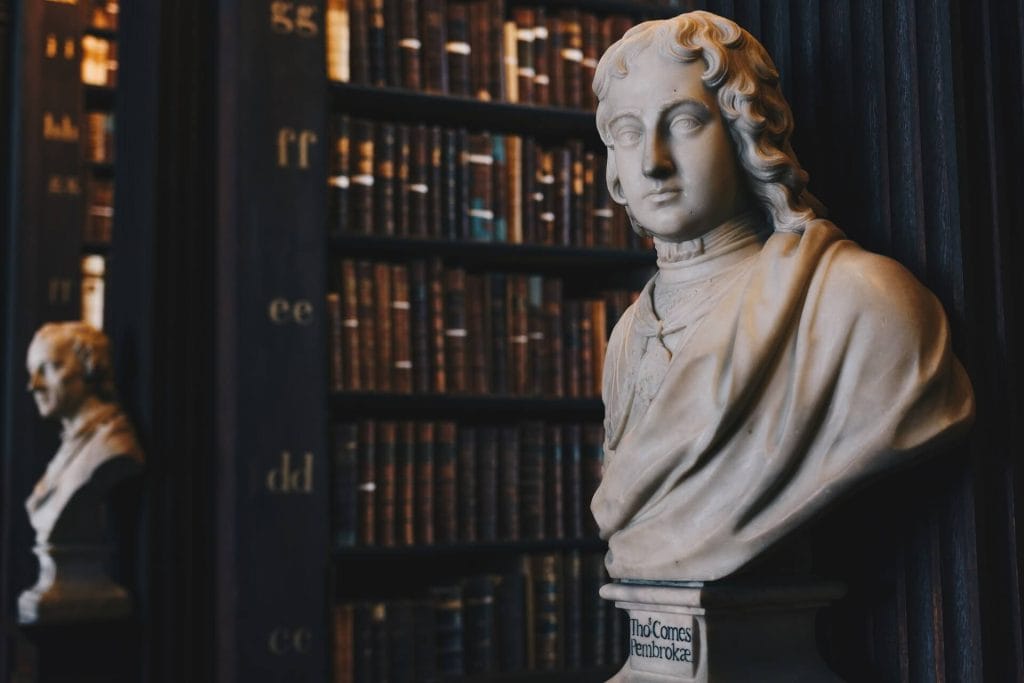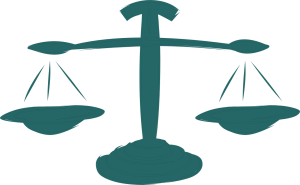Expert Witness Testimony
Expert witness testimony is given by an expert in a particular scientific or technical field. In contrast to lay witnesses who offer factual testimony about their personal observations and experiences, experts may testify to their opinions so long as they are based on scientific or specialized knowledge. Experts analyze a particular aspect of a case using their specialized knowlege and explain their methods and reasoning along with their opinons in order to assist the Court in coming to a final legal decision. In order offer expert witness testimony, the expert must be qualified as an expert in his or her field, and the testimony must adhere to the requirements for expert witness testimony specified in the relevant code of evidence.

Louisiana Code of Evidence Art. 702
In Louisiana courts, a witness who is qualified as an expert by knowledge, skill, experience, training, or education may testify in the form of an opinion if the following are true:
- The expert has scientific, technical, or other specialized knowledge that will help the trier of fact understand the evidence or to determine a fact in issue
- The testimony is based on sufficient facts or data,
- The testimony is the product of reliable principles and methods, and
- The expert has reliably applied the principles and methods to the facts of the case.
Expert testimony is frequently offered following an evaluation of a plaintiff or defendant in a case. Expert witnesses are to remain impartial regardless of who hired them. Most mental health experts report that they are able to remain unbiased in their work (Commons, Miller, & Guthiel, 2004). Recent research, however, indicates mental health experts are often biased toward the side that hired them (Murrie & Boccaccini, 2015). Experts are aware of the threat of bias and readily identify bias in their colleagues, yet relatively few experts believe bias has influenced their work (Neal, 2016; Murrie, 2017).
Bias is often unconscious. It is very difficult to recognize one’s own bias even while identifying bias in others, a phenomenon known as the bias blind spot (Pronin & Kugler, 2007). Many mental health professionals report avoiding bias by remaining aware of its possibility or internally reflecting on it, what is often called introspection. Introspection does not appear to be an effective method of reducing bias (Zapf & Dror, 2017; Neal, Lienert, Denne & Singh, 2022).
There are strategies that can effectively reduce potential bias, but not all experts use them. They can be difficult and time-consuming to implement and may be perceived as overly mechanical, inapplicable based on idiosyncratic individual characteristics, or undermining of clinical judgment. Some experts remain unconvinced of the risk of bias to their own work and unaware of the importance of implementing effective bias prevention strategies for every case. In such cases, an expert’s unconscious bias can often be exposed with vigorous cross examination.
Strategies for mitigating bias in expert opinions
- Reliance on objective data, reliable methods, and probabilistic reasoning
- Use of standardized assessment instruments
- Use of structured actuarial tools

- Partial blinding procedures
- Linear sequential unmasking
- Consideration of alternate explanations
- Consultation with colleagues

